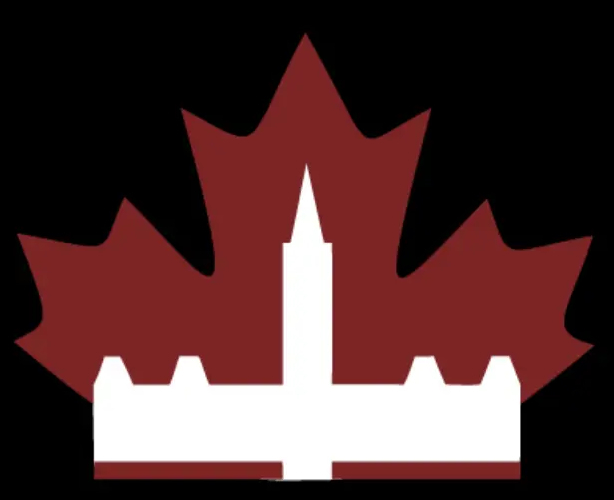There was an interesting thing during voting, someone noticed their ballot stuck on the urn slit, and asked for help.
They brought this “official” ballot pusher, it was like a long ruler they used to unclog the box. It got me thinking on how archaic is this method, and on the many ways that this can go wrong.
I found that Canada did some study on internet voting, but things are very slow. https://www.canada.ca/en/democratic-institutions/services/reports/online-voting-path-forward-federal-elections.html
News about voting technologies always bring up Estonia as a modern voting system. But it seems that other countries have been successful with electronic or internet voting for around 20 years too.
Another thing I saw is that some of those countries have the voting age down to 16 years. That makes sense to me, they have to live with those decisions longer than I. They can drive and join the army (with parents consent), voting should be added to their rights.
I could not find any organization in Canada taking care of those. And from what I read in the FairVote Canada website, it seems to cover only PR.
I ask it here because I am not sure where to ask, since those seem to make elections “fairer”.
tl;dr;
Does Fairvote Canada only covers PR? Do they have any sister organization that would cover:
- Electronic/internet voting?
- lowering the voting age?
Thank you in advance.


Great question! Fair Vote Canada (FVC) does have a broader mandate than just PR, though proportional representation remains their primary focus.
According to FVC’s 2024-2027 Strategic Plan, they specifically mention “lowering the voting age to 16” as one of the democratic reforms they strategically amplify messaging around. So yes, they do advocate for this!
Their Vision, Mission and Values statement also notes that while PR is “the most fundamental and urgent change needed,” they support a range of “democratic improvements which flow from our core values.”
On electronic/internet voting, FVC doesn’t seem to have an explicit position. This makes sense from a priorities perspective - while modernizing voting methods might improve convenience, it doesn’t address the fundamental democratic deficit where millions of perfectly valid votes elect nobody at all.
Electronic voting also raises complex security and verification challenges. Any electronic system would need to uphold essential democratic principles including accessibility, voter anonymity, and verifiability. See:
Personally, I believe PR is the only viable long-term solution for ensuring every vote counts. Changing how we collect votes (electronic vs. paper) doesn’t address the mathematical problem of winner-take-all systems discarding approximately 50% of ballots. But lowering the voting age to 16 would meaningfully expand democratic participation.
If you’re interested in technology and electoral reform, you might consider getting involved with the proportional representation movement directly (particularly the List of social media accounts for Canadian Democracy) - we’re always looking for volunteers with diverse interests and skills!
Thank you so much, those information and links are great.
Focusing on PR makes sense, a lot of those countries already had some sort of PR going on when they implemented electronic ballot or internet voting, it also facilitated referendums a lot. The same goes with the voting age, some implemented as soon as they became a democracy, others took a bit longer.
I will look into getting involved and volunteering. Thank you.